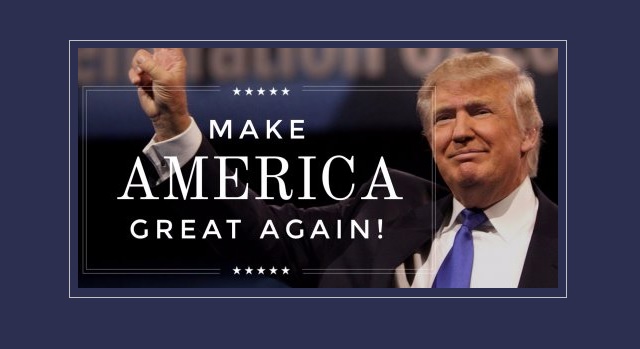Will Trump Win the Nomination?
The 2016 election cycle has been eventful for Republicans. In particular, voters and headliners have been interested in the brash real estate tycoon, Donald Trump. He leads the field with 25-30 percent support–a number that has changed little in the five months since he’s declared his candidacy.
Despite his bragging and outrageous comments, he has soared in polls. However, since the start Trump has been dismissed as a fad with no real chances at the Presidency. Is this true?
The Polls
Donald Trump has led his field almost since he entered. He has a 12 point lead over the GOP hopeful in second place, Ben Carson. Last election, at no time was there a candidate who maintained a give month like like Trump, much less one by 12 points.
But 2012 and 2016 differ in a crucial respect already alluded to: the number of candidates. Romney only had 7 competitors at this point in the race. Trump has 16. There has never been in recent times a candidate so phenomenally successful in polls. The fact that Trump can consolidate support in such a crowded GOP field speaks in his favor greatly.
Critics rush to assert that the polls are inaccurate, or biased, or that Trump’s numbers won’t hold. The more serious allegation is the last: that Trump’s support will fade as voters grow more informed as the elections draw nearer.
New Hampshire
Voters in New Hampshire are one of the most statistically informed and engaged voters in the nation, a crucial indicator to national polls. If a candidate is doing better in New Hampshire than in national polls, it indicates that as voters become more informed, they will increasingly support that candidate. On the contrary, if a candidate is successful nationally but failing in NH, it follows that he will not stand the scrutiny of an informed electorate.
Since the Iowa caucuses are the first in the primaries, voters in Iowa are also more informed and engaged than voters nationwide. This is why NH and Iowa are mentioned so often in the press, which is referred to as information momentum, and has been confirmed by several researchers.
When applying information momentum hypothesis to Trump, one finds that he leads with similar numbers in New Hampshire and Iowa. What does this imply? This means that Trump will come to be only stronger as voters become more informed, and that his support is decidedly not superficial.
It is because of his scandalous nature that Trump received vast amounts of media coverage, and subsequent debate time. Information about Trump was disseminated to voters in great quantities, and though the stories were typically tabloid-tier critiques, alleging racism, obsessing over his immigration policy, or overanalyzing his brash remarks, his support steadily rose.
The fact that Trump is polling record highs nationally and succeeding equally in NH and Iowa builds a strong case for Trump as the GOP nominee.






